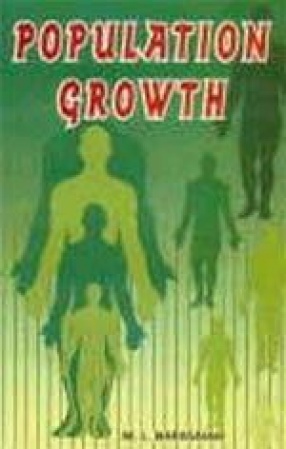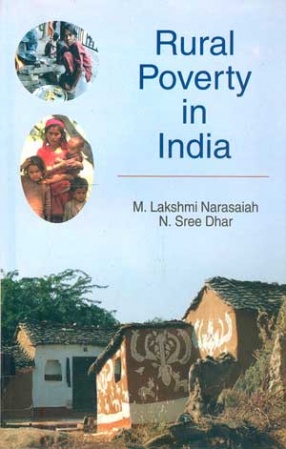During the last half-century world population has more than doubled, climbing from 2.5 billion in 1950 to 5.9 billion in 1998. Those of us born before 1950 are members of the first generation to witness a doubling of world population. States otherwise, there has been more growth in population since 1950 than during the 4 million years since our early ancestors first stood upright. This unprecedented surge in population combined with rising individual consumption, is pushing our claims on the planet beyond its natural limits. Water tables area falling on every continent as demand exceeds the sustainable yield of aquifers. Eventual aquifer depletion will bring irrigation cutbacks and shrinking harvests. Our growing appetite for seafood has pushed ocean is fisheries to their limits and beyond. Collapsing fisheries tell us we can go no further. The Earth’s temperature is rising, promising changes in climate that we cannot even anticipate. We are triggering the greatest extinction of plant and animal species since the dinosaurs disappeared. As our numbers go up, their numbers go down. These effects of population growth are relatively recent, but assertions that population growth could affect human welfare are not. In 1798 Thomas Malthus, a British clergyman and intellectual, warned in his famous piece. An Essay on the Principles of population, of the tendency for population to grew exponentially while food supply grew arithmetically. He saw a world where human numbers would continually press against available food supplies. During the 200 years since Malthus issued his warning, famine has visited countries as diverse as Ireland and India, Ethiopia and China. Indeed, despite the near-tripling of the world grain harvest since 1950 the hungry and malnourished in 1998 number an estimated 840 million-nearly as many people as lived in world when Malthus penned his essay. But the nature of famine has changed. Whereas it was once geographically defined by areas of poor harvests, today famine is economically defined by low incomes in those segments of society that lack the purchasing power to buy enough food. Famine concentrated among the poor is less visible than the more traditional version but is no less real.
Fresh Water Fisheries
$27.00
$30.00








There are no reviews yet.